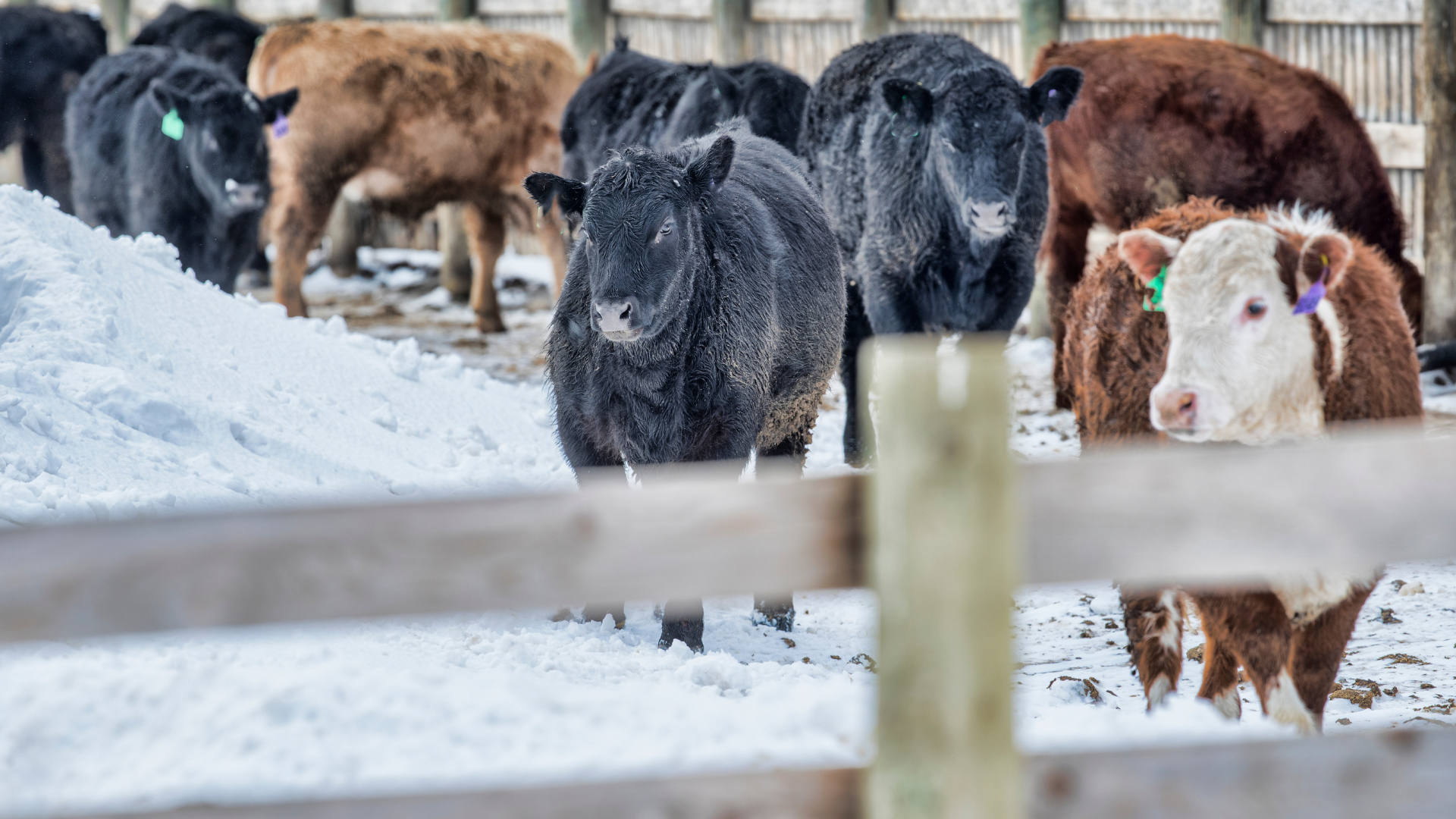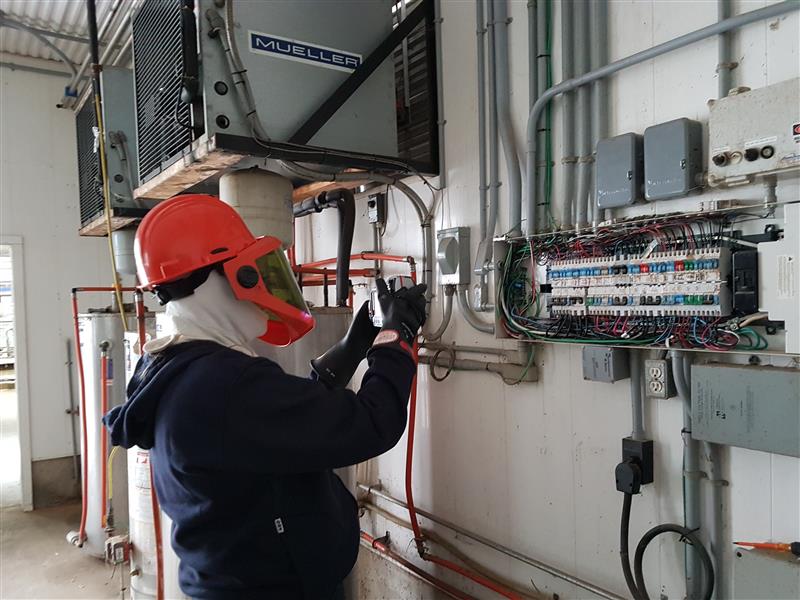For the love of farming. That’s the reason a lot of us are involved in agriculture. One individual’s passion for agriculture has taken her in all sorts of different directions. Lesley Kelly, known through her brand, High Heels and Canola Fields, has directly farmed, managed financials & business operations and developed the snack food line, Martin Munchies. She is also the co-founder of Do More Ag. Their focus is to create awareness, build community and provide resources catered to the farming community to promote positive mental health.
Lesley has a rich background of working within the agricultural and rural community. Some of her experiences have been the catalyst to bring her passion for agriculture and marketing together. She continues to share resources and stories to help rural communities prioritize their mental health on her website and social media. Her website features many blogs and resources that can help impact your own mental health and understand how to start a conversation with others.
Lesley – “Hey, this looks like [somethings] been bothering you. Do you want to go for a drive? And then being there for them in a way where you’re listening. I always thought that I had to know the answers or know advice or know all the resources out there. And sometimes that’s not what someone needs. It’s just letting them know that you love them and that you care for them and that you’re there for them.”
Below is a few more highlights from the full interview with Lesley. You can listen to the entire podcast episode on your favourite player or app including Spotify, Apple, Google, Amazon and Stitcher.
Don’t forget to follow and/or subscribe to hear about all new episodes!
Speaking Up Is Never Easy
Lesley Kelly, as mentioned before, has developed a snack brand, Martin’s Munchies. This has provided some incredible opportunities to speak with the public and educate them on several topics surrounding farming. Lots of people were very interested in the background and the ingredients that went into their product. During one of these interactions Lesley describes a lady being very fearful that she operated a conventional farm. She stated that she was a bad mother for using chemicals, she was pregnant at the time.
Lesley – “That really had me upset because there was such fear in her eyes, and I didn’t want others to feel that way. And I also didn’t want others to have to go through the conversation I just had with not knowing even how to answer those questions. And so that was [the start of] creating High Hills and Canola Fields. It was spreading information, but also just love, hope and joy to those both in and outside of agriculture.”
Throughout the interview Lesley describes very openly her personal experiences with hardship and mental health. Putting yourself out there is extremely hard. Lesley’s life has had ups and downs where at times the weight of the world has felt uncontrollable. It is these experiences that have created opportunities to share & inform the agricultural community and public.
extremely hard. Lesley’s life has had ups and downs where at times the weight of the world has felt uncontrollable. It is these experiences that have created opportunities to share & inform the agricultural community and public.
Starting the Conversation
We don’t talk about mental health for several reasons. We’re too busy. Something needs to be fixed. Animals need to be cared for. It’s uncomfortable. And somehow we always leave ourselves till the end.
We know every farm is unique. What makes them that way? The farmers. Each one has their own ideas and approach to running their farm. They understand their vital role in keeping the farm operating smoothly. Our normal response would be “take a break” or “you need a vacation”. However, that’s not always possible for a farmer. Sometimes it’s not about getting away from the operation or stresses but learning how to manage them and asking for help. Small steps can make a huge difference for someone going through a rough time.
Lesley – “Where it started to become overwhelming was the additional financial pressures and farm stress. What I would say to him, looking back, it had a negative impact. I would say things like just sleep it off or tomorrow will be better, or at least it’s not this, or it could be worse, it could be this, or, you know, it’s not that bad. And thinking I was being helpful; I was being encouraging. And now looking back, it was not as helpful or positive in how he interpreted it. I would have supported him much, much differently. We would have sat down earlier to talk about mental health [and] asked those questions what support looks like, how I could support, what we could do differently and what he needs.”
Mental Health Resources and Tools
- High Heels in Canola Fields Blog
- Do More Ag
- Farmers Toolbox (Listowel Ag Society)
- In The Know (CMHA)
- Farmer Wellness Initiative (CMHA & OFA)
- S.H.E.D. Talks (Gateway Centre of Excellence in Rural Health)
- Additional Organizations





